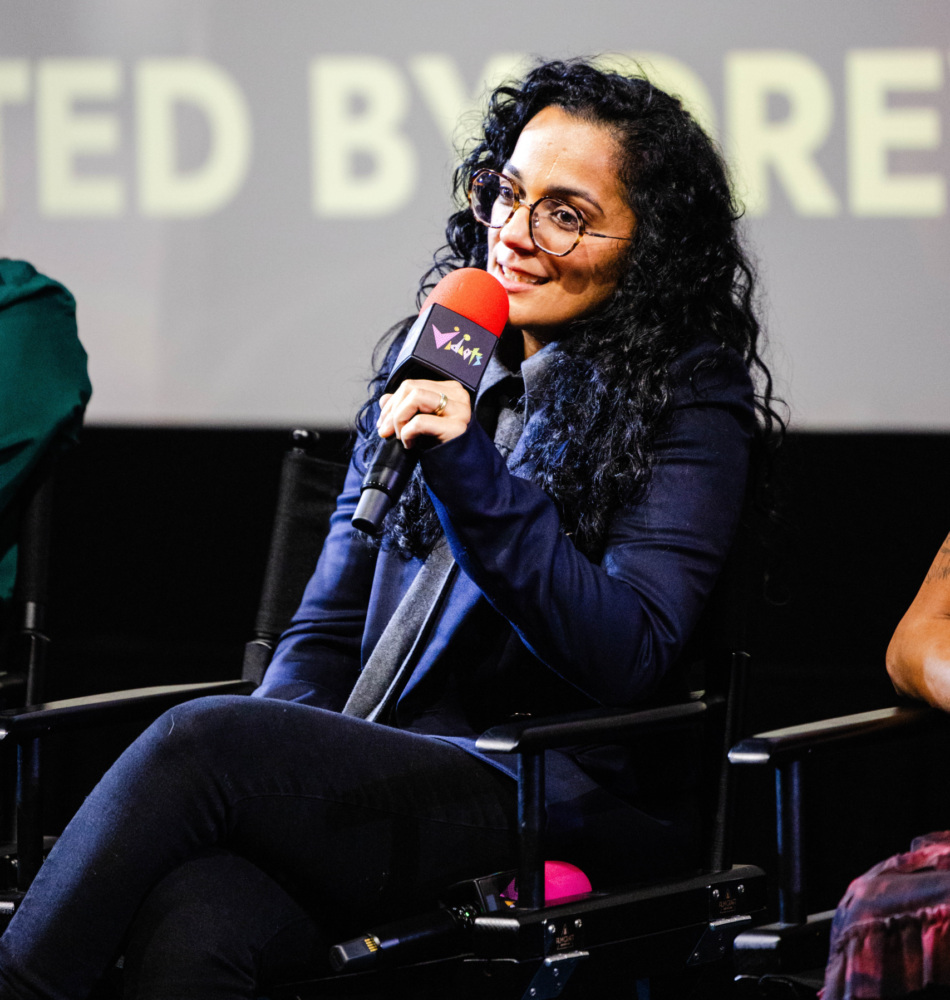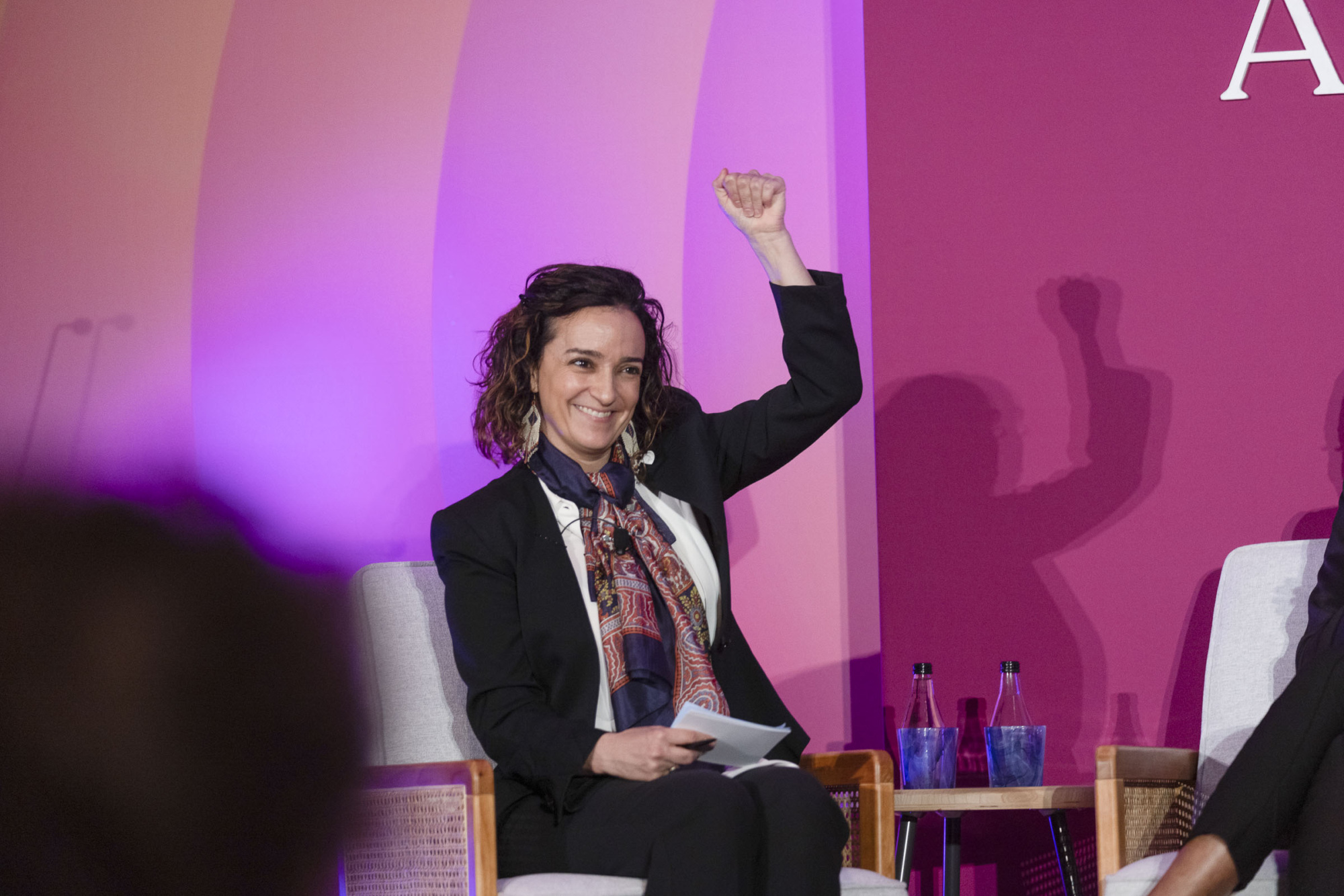What drives your giving and why are you inspired to give to women and girls?
I have had an opportunity to live overseas for the majority of my life, and still do. From the first move outside of the U.S. where I was born, and in each country I have lived in, the awareness of the inequality for women in all walks of life grew from a small niggling concern to a strong belief that until there is true gender equality and women reach their full potential, many of the most challenging and seemingly intractable problems the world faces will never be truly solved. The inequities and injustices faced by women were different in each country but were all detrimental to the process of empowering women.
What led you to support Health Builders in Rwanda?
My background is in healthcare and a lifelong goal has been to become involved in advancing the rights and leadership opportunities for nurses in East Africa. I spent a great deal of time visiting different East African countries looking for an initiative that would be sustainable (by partnering with the country’s Ministry of Health), locally staffed, and offered meaningful opportunities for females living in the poorest rural areas. Health Builders fit all these criteria. I then decided to go to graduate school in 2011 to update my knowledge and skills so I would be confident both supporting and becoming actively involved with Health Builders. I thought there would be many other 50-somethings going back to school; there were not. My classmates, mostly female, were in their 20’s and 30’s. We learned a great deal from each other and became a tight-knit group to this day. The three years of attending graduate school were absolutely the most life-enriching and empowering time of my life.
How has Health Builders been impacted by COVID-19 in terms of capacity building for health care providers in Rwanda?
COVID-19 is having a severe impact in Rwanda as the treatment options that we may take for granted in the U.S. and elsewhere of oxygen, medications, and ventilators are non-existent in the rural areas of Rwanda. Health center staff and community health workers are showing great resilience, however, in the face of this. Health Builders has been able to provide training and PPEs to support them in their response, along with our ongoing management and clinical training. This is a time where leadership is needed and the nurses who come from the rural communities are stepping up, with limited resources but a fierce determination to save as many lives as possible from this disease. These communities have faced genocide in 1994 and recovery is still underway so there is a laser focus on continuing the progress made to date and the preservation of life.
How has the pandemic changed how healthcare is provided to Rwandan communities?
It is interesting to note that due to the recent Ebola threat on their border with Congo, nurses are quickly transforming the knowledge and skills learned from that threat to mitigate the effect of this current pandemic. However, in a low-income country with high rates of poverty, malnutrition, stunting, maternal/child mortality, and infectious disease, the challenge becomes immense as this population can ill afford the ravages of COVID-19 which is now spreading faster. Importantly and as elsewhere, women are suffering more consequences with loss of health care services, higher rates of GBV, teenage pregnancies, and inability to feed their families.
How do you think about impact in terms of your own giving?
My main concern with donor funding is the proclivity of major bilateral aid organizations and large foundations to focus their giving on large international NGOs (I-NGOs). One example is USAID which almost always disperses funds to US-based I-NGOs. In my view, nothing could do more to undermine the cause of gender equality in low to middle-income countries. Locally based NGOs understand their communities’ issues and they know the solutions. However, when large grants are given, they profoundly disturb the balance of local health systems in two ways. Firstly, the grant amounts are usually large of which a great part goes to U.S.-based administration and overhead with little if any of the funds filtering down to the local organizations. It does not take massive amounts of money to make great change if done in a culturally appropriate, cost-effective way. Interventions launched by local NGOs are also sustainable as the approach is community-driven, mostly led by women, and funding needs are much lower. Secondly, local women have little to no say in the initiatives being proposed for their communities, have solutions imposed upon them, and lose all opportunity for empowerment through capacity building and leadership skills. I think that funders who take the time to seek out small, community-based organizations with a proven track record, and support them will make far more longstanding and meaningful impact and will truly affect the cause of gender equality in places where it is desperately needed.
What are you excited about these days or where are you finding inspiration?
I am excited about the empowerment being felt by people, especially women, in the developing world to know they have the capacity, knowledge, and cultural know-how to manage their own issues and to identify the solutions. I am also inspired by the fact that despite the horror and tragedy the COVID-19 pandemic is causing, it is also the origin of many conversations about global inequities on all different levels, especially gender inequality.
What does being part of the WMM community mean to you?
Being a part of the WMM community is a highly meaningful and powerful experience. It strips away the need for conversations about the dire need for gender equality globally as we all are starting from that platform. It is inspiring to be with a group of women who have the ability to catalyze dramatic change and do this in myriad ways. WMM offers an environment in which to deeply explore the many issues affecting women and to propose actionable steps. It is a safe harbor to retreat to when I wonder if any change is actually happening and if there are real tangible solutions. I always come away with a feeling of tremendous hope, knowing there is a positive and impactful movement within this organization addressing gender equality. Together we can leverage our collective knowledge, experience, and resources to effect far greater change, and give voice to those who have never had the opportunity to be heard.

